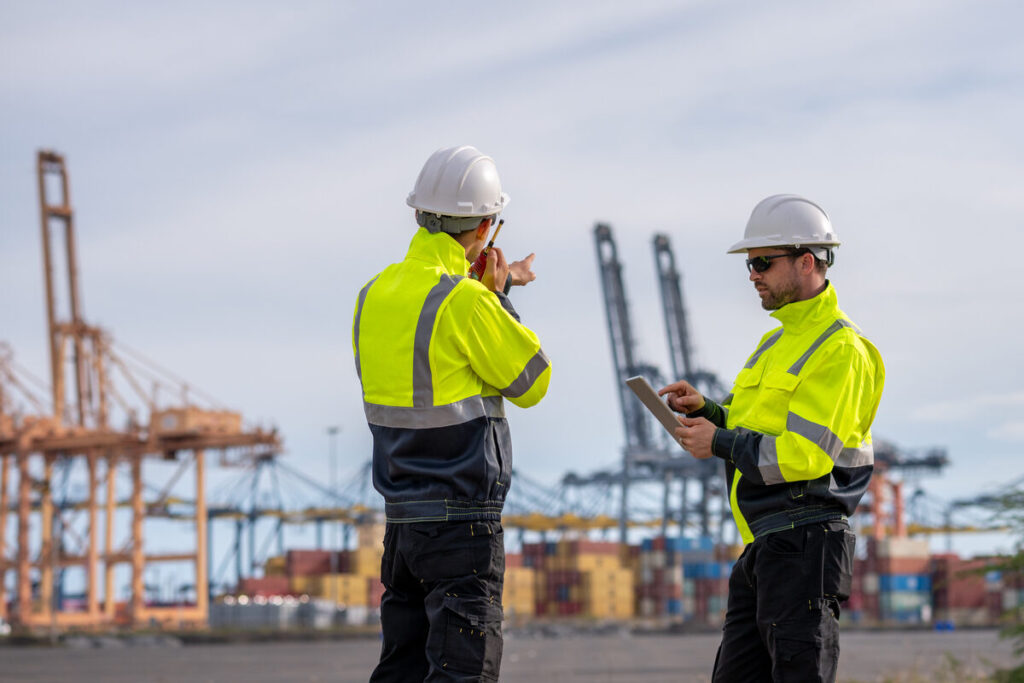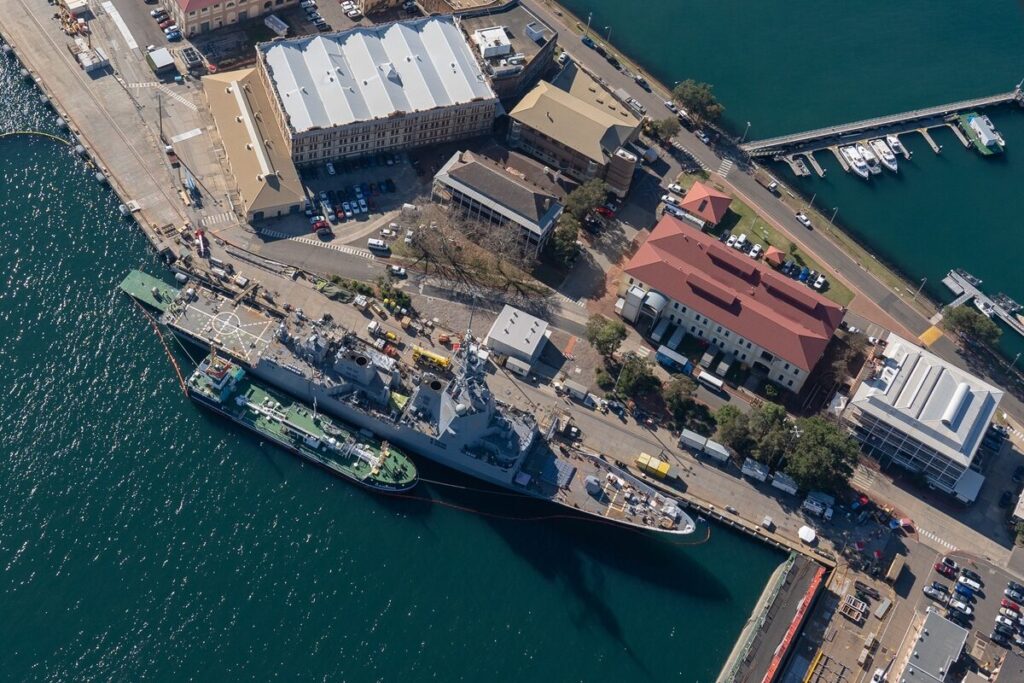Maritime vehicle transport is a key element in the automotive supply chain. Manufacturers, distributors, and logistics operators rely on highly specialized maritime routes to move cars, vans, trucks, and heavy machinery between production plants, distribution ports, and international markets.
In a globalized and demanding environment, where efficiency, punctuality, and sustainability make the difference, having logistics solutions tailored to vehicle transport is essential to meet the demands of the automotive sector.
PCTC vessels: specialized design for precise logistics
PCTC (Pure Car and Truck Carrier) vessels have been specifically designed for the transport of wheeled vehicles, offering multi-deck structures and ramps that enable direct loading and unloading, without the need for cranes or additional handling.
These vessels can transport thousands of vehicles in a single voyage, maximizing efficiency per transported unit and ensuring minimal handling, which reduces the risk of damage during transit. Furthermore, their modular design allows decks to be adapted for the transport of trucks, agricultural, or industrial machinery, expanding operational versatility.
Port connectivity: key to route optimization
The success of maritime vehicle transport largely depends on efficient connectivity between strategic ports. Having a network of ports specialized in Ro-Ro cargo, with adequate infrastructure and streamlined customs processes, minimizes time on land and ensures smooth distribution to storage centers or dealerships.
Intermodality plays a fundamental role: combining maritime transport with well-integrated land or rail solutions enables a complete logistics service from manufacturer to end customer.
Sustainability and energy transition in maritime transport
The maritime sector, including Ro-Ro services for automotive, is undergoing an energy transition aimed at reducing emissions and meeting international environmental commitments.
New Ro-Ro vessels powered by alternative fuels such as LNG, methanol, or even electric propulsion for port maneuvers are paving the way toward a more sustainable vehicle logistics chain. In addition, digital technologies are being incorporated for route optimization, emissions control, and energy efficiency improvement, aspects increasingly valued by manufacturers committed to clean mobility.
Fleet management and logistics planning tailored to the sector
Effective management of maritime vehicle transport requires advanced fleet planning, tailored to each brand’s production, launch dates, commercial priorities, and delivery conditions at destination.
Through digital transit management and traceability systems, it is possible to track each unit in detail, plan distribution at destination, and guarantee traceability throughout the journey. This visibility allows for optimized stock rotation, adjusted load capacity, and improved operational efficiency at every stage of the logistics chain.
Adapting to the challenges of the global automotive market
Maritime vehicle transport faces global challenges such as production volatility, demand fluctuations, international logistics tensions, and the need to meet increasingly tight deadlines. In this context, logistics solutions must be flexible, scalable, and able to adapt quickly to market changes.
Moreover, the rise of electric vehicles has introduced new logistics requirements, such as transporting high-voltage batteries, specific safety protocols, and differentiated handling needs, all of which must be fully integrated into maritime operations. SUARDIAZ Group, with extensive experience in maritime vehicle transport and Ro-Ro operations, offers comprehensive logistics solutions for the automotive sector, tailored to today’s needs for efficiency, sustainability, and global visibility.























